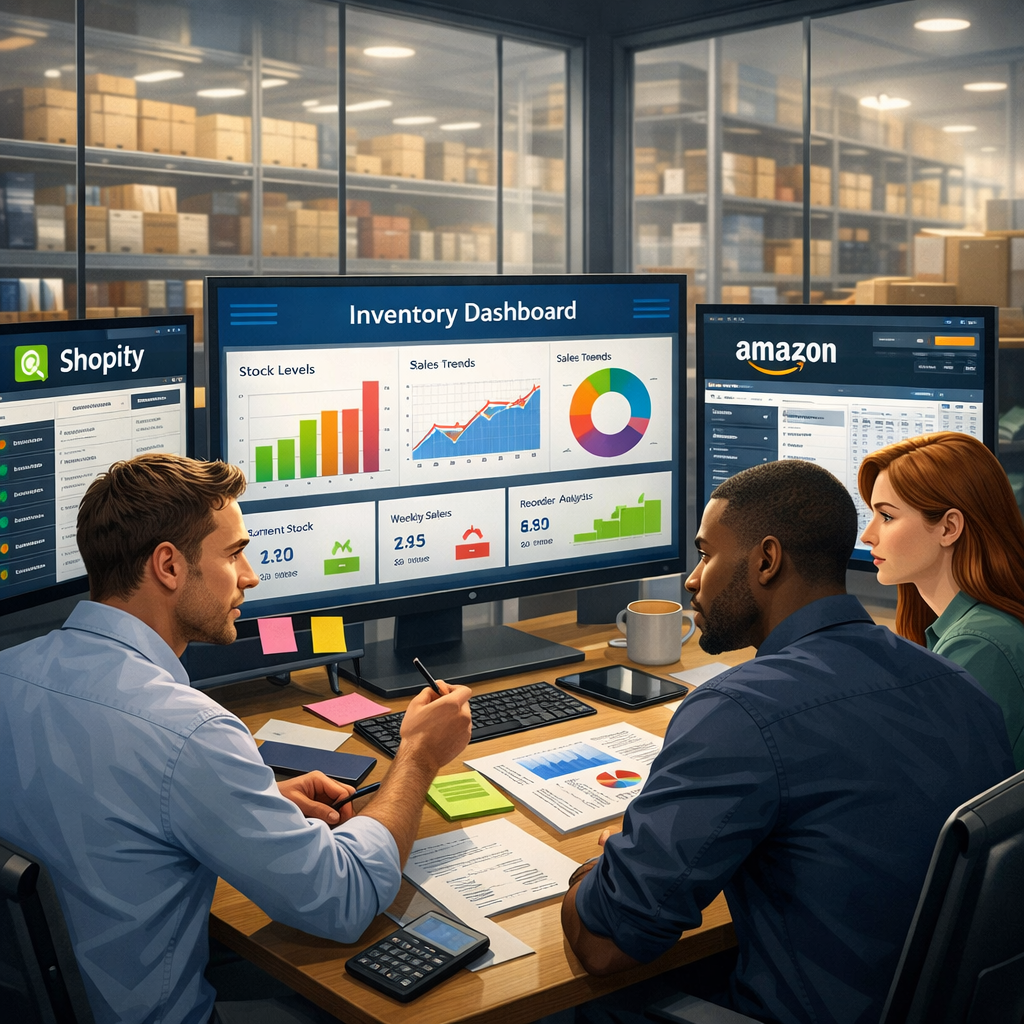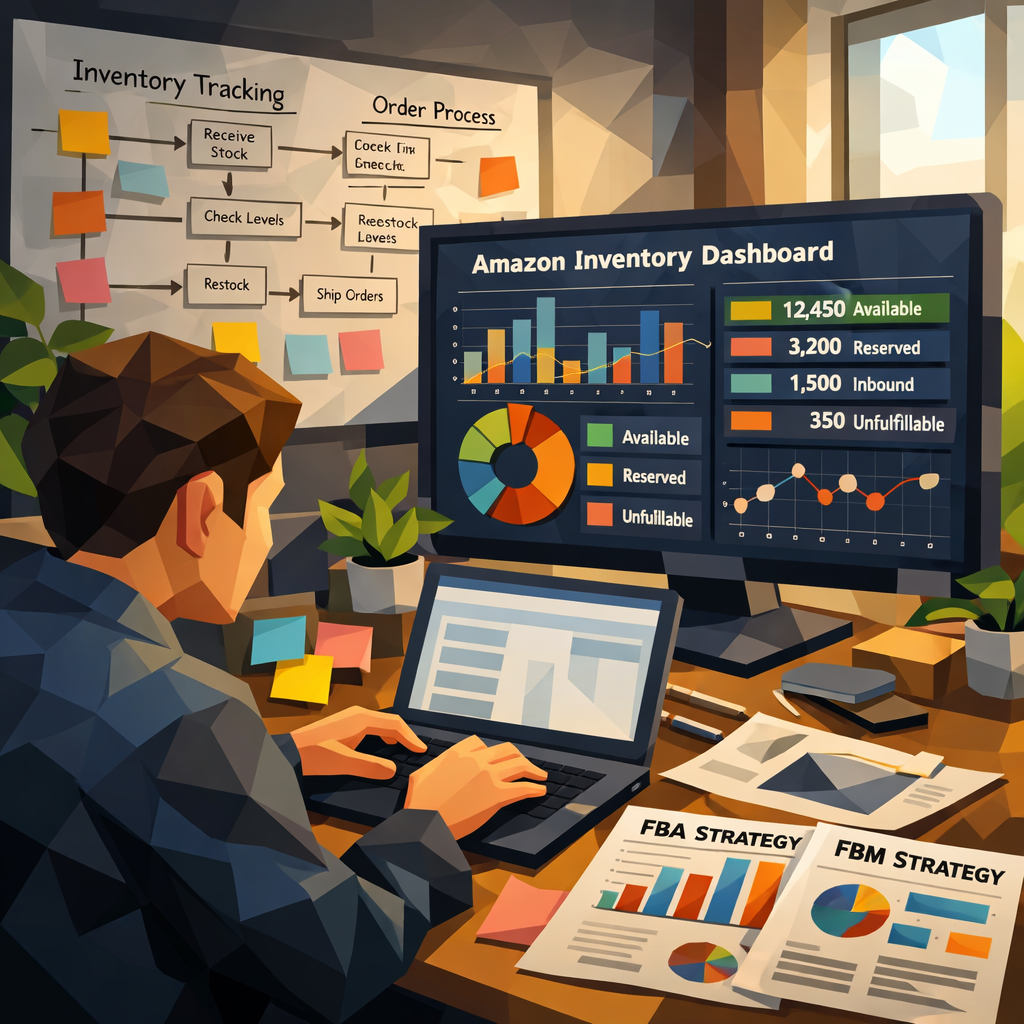The Coronavirus pandemic is changing the global economy and our lives. Cities’ routines have been largely affected as working from home became almost mandatory to prevent the spread of the virus, leaving streets, shops, markets, bars and restaurants empty.
The uncertainty about the safety of leaving home, coupled with the sense that we must provide protection for vulnerable community members, has increased online shopping exponentially since it doesn’t require in-person interaction, reducing exposure to the virus.The latest announcement from Amazon about their hiring 100,000 new employees to handle this spike in orders shows the size of the virus’s impact on retail. Other large retailers such as Albertsons, Kroger and Raley have also announced massive hiring.
Many retailers and online sellers are experiencing a serious disruption in their supply chain for the first time ever, with massive impacts in inventory replenishment, sales and marketing spend. At Flieber, we are helping our clients to reduce the pandemic’s economic impact on their business. Here are 3 valuable tips to do the same for your business:
(1) Free up trapped capital
For sellers, trapped capital usually comes from not being able to convert inventory into sales. As the trend for online shopping is seeing a substantial rise at the moment, and marketplaces such as Amazon and Walmart are getting more traffic, this might be a good moment for your company to have special discounts and an extra marketing budget. Use bundles and many other strategies to sell your dead stock. Even though it won’t generate an optimal margin, freeing trapped capital will allow you to invest in products with a better margin and higher sales volume.
(2) Synchronize your sales pace with your inventory levels to avoid stock-outs
The long supply cycle of most businesses makes it critical for them to have accurate sales forecasts 100+ days in advance, which is impossible under special circumstances like the ones we are facing now. If a disruption in inventory is inevitable and a stock-out situation is certain, you should know in advance, so that you can balance your sales pace. Minor tweaks in pricing and reduced advertising spend can slow your sales pacing and help your inventory survive until the next shipment arrives. You not only run out of stock (and avoid the harsh consequences of a stock-out in online retail), but also sell your products with a better margin.
(3) Have full visibility of your supply chain
Having easy access to the status of every open purchase order, their next steps and estimated dates is a critical factor in ensuring that you have an efficient supply-chain ready to provide your team with the information they need for decision-making. This is even more important if your company is manufacturing products abroad. Purchase orders should be treated as live organisms that need to be taken care of, reassessed and readjusted as necessary.
Here at Flieber we are working non-stop to help our clients to overcome this difficult moment. Feel free to reach us!
At Flieber, we allow online retailers to go back to their origins and focus on marketing and sales again. With a hands-on approach, we take care of the operations, giving full visibility to the process and turning our clients into decision-makers. No need to deal with suppliers in China in the middle of the night; no need to follow-up with freight forwarders to make sure that the products will arrive on time; no need to find last-minute alternatives to solve a problem that will delay the delivery. Leave the headaches to our experienced team and enjoy being an online retailer again.





